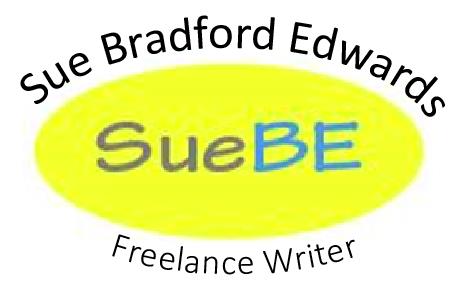
Does your story have the emotional depth that it needs to hold your reader’s attention? This is something that Janice Hardy wrote about at Fiction University. You can read her post (click here).
Hardy writes about the fact that our characters should, like actual people, be feeling multiple things at once. First, there is the primary emotion that is driving the scene. If it is an action scene, the primary emotion might be anger or fear. If it is a scene with a character showing off to their friends, it might be confidence.
But Hardy points out that we almost never feel only one thing. Add to this the fact that it can make the story a lot more interesting if the character is feeling multiple things at once and those things are contradictory. So your confident character might be worried that they are going to flub a line in the school play. Maybe they got it wrong during rehearsal. Maybe someone suggests that they are going to get it wrong.
Or your character may have an altogether inappropriate emotion. Any one else have a tendency to laugh during tense times? Or sad times? That would be me. At my grandmother’s funeral, I thought of something cheeky she would have said during a particularly pompous sounding speech and had to fight to suppress the giggles.
Read Hardy’s post and you’ll hear about conflicting emotions, suppressed emotions, and more. When I worked my way through Darcy Pattison’s Novel Metamorphosis, I noted the various emotions displayed in each chapter by each character present. I was concerned that I hadn’t created the necessary depth. I wanted to make certain that I had changing circumstances in each chapter. Did I shake things up enough for my characters? I didn’t want one character to be the worried one and another to be the happy one, etc.
To verify that I had done it right, I went through the manuscript chapter by chapter noting characters, their starting emotions, and their final emotions. By laying in the various types of emotions that Hardy describes, it would guarantee a level of complexity that would be interesting for readers.
–SueBE
